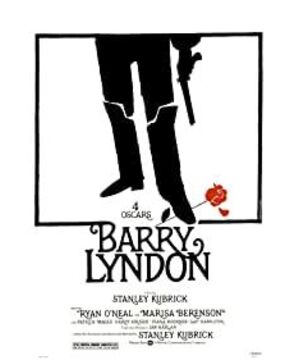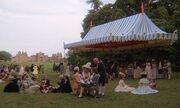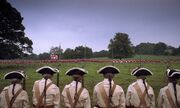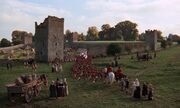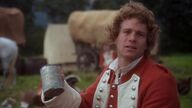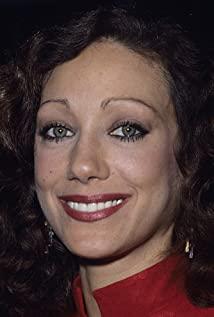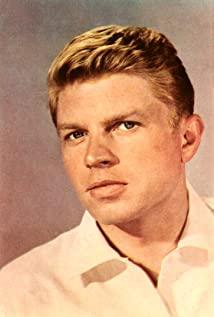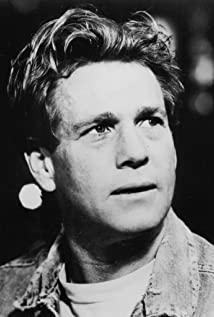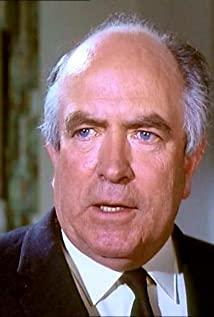Ireland, Raymond Barry (played by Ryan O'Neal) grew up living with his mother at his uncle's house, and later fell in love with his cousin Nora. Nora's father wanted to marry her to John Quin, an English general. So Barry proposed a duel to Quin, in which Barry shot Quin, mistakenly thought he had killed him, and hurriedly fled from his hometown. He was robbed on the way and had no choice but to join the British army. It was in the army that he learned that Quin was not dead. Barry fled from the British Army, but joined the Prussian Army. After the war, he became a confidant of the Prussian officer Potzdorf, and let him monitor an Irish spy in Prussia. But Barry sympathized with the Irish knight, who took him to and from the casino and gained a lot. Barry felt he should find a rich woman, so he set his sights on Lady Lyndon, Sir Lyndon's wife. Sir Lyndon died of a serious illness, and a year later, Barry married Lady Lyndon and became a nobleman, changing his name to Barry Lyndon. But Bullingdon, the son of Sir Lyndon and Lady Lyndon, disliked Barry very much, and Barry also had a premonition that his future would be ruined by Bullingdon...
There is an air of decadent high society throughout the story.
I have only seen them dressed in major galleries in the UK.
What impressed me the most was Lyndon, such a beautiful woman, who didn't talk much, she was always in a very melancholy state, she was disheartened when she saw that she didn't let her servants go, but she had a kind of forbearance in her. , The powerful forbearance, including the signing of those huge debts, did not produce a particularly big inner change.
View more about Barry Lyndon reviews


